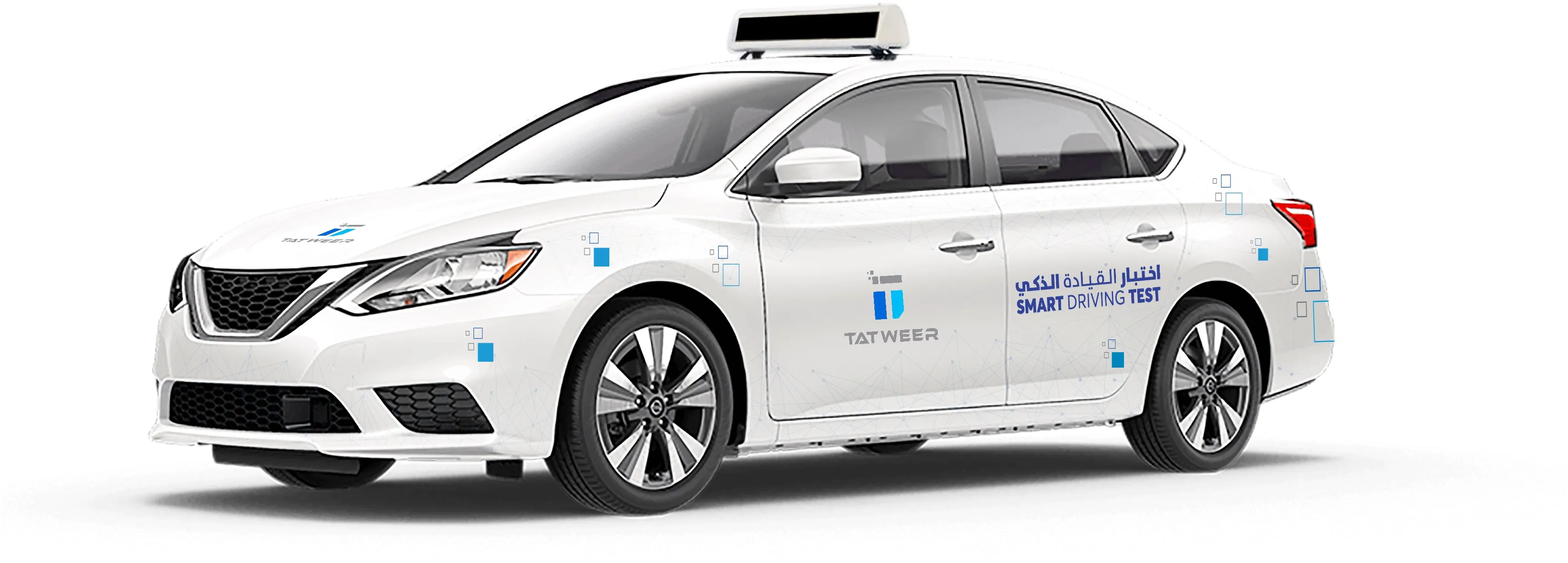
FHWA put out a so-called broad agency announcement (BAA), saying that it intends to award contracts to research projects “that could lead to transformational changes and truly revolutionary advances in highway engineering and intermodal surface transportation in the US”.
In particular it thinks blockchain “has the potential to transform the connected and automated vehicle industry” by creating a platform to share vehicle and infrastructure data securely.
“With the advent of high speed wireless technology, services for highway transportation based on blockchain technology could provide security and scalability at lower costs than current private network solutions or could provide novel functions that solve needs that technologies currently used in highway transportation do not,” the BAA says.
FHWA is looking for blockchain-related proposals which examine real-time communication for connected vehicle applications, road pricing and geofencing roadway segments.
When it comes to AI in transportation, the agency would be interested in areas such as integrating traditional and non-traditional highway data to better explain and predict system performance and improving sensor signal data to assess current conditions of pavements.
Interested parties can register here. Closing date for submissions is 20 March.









